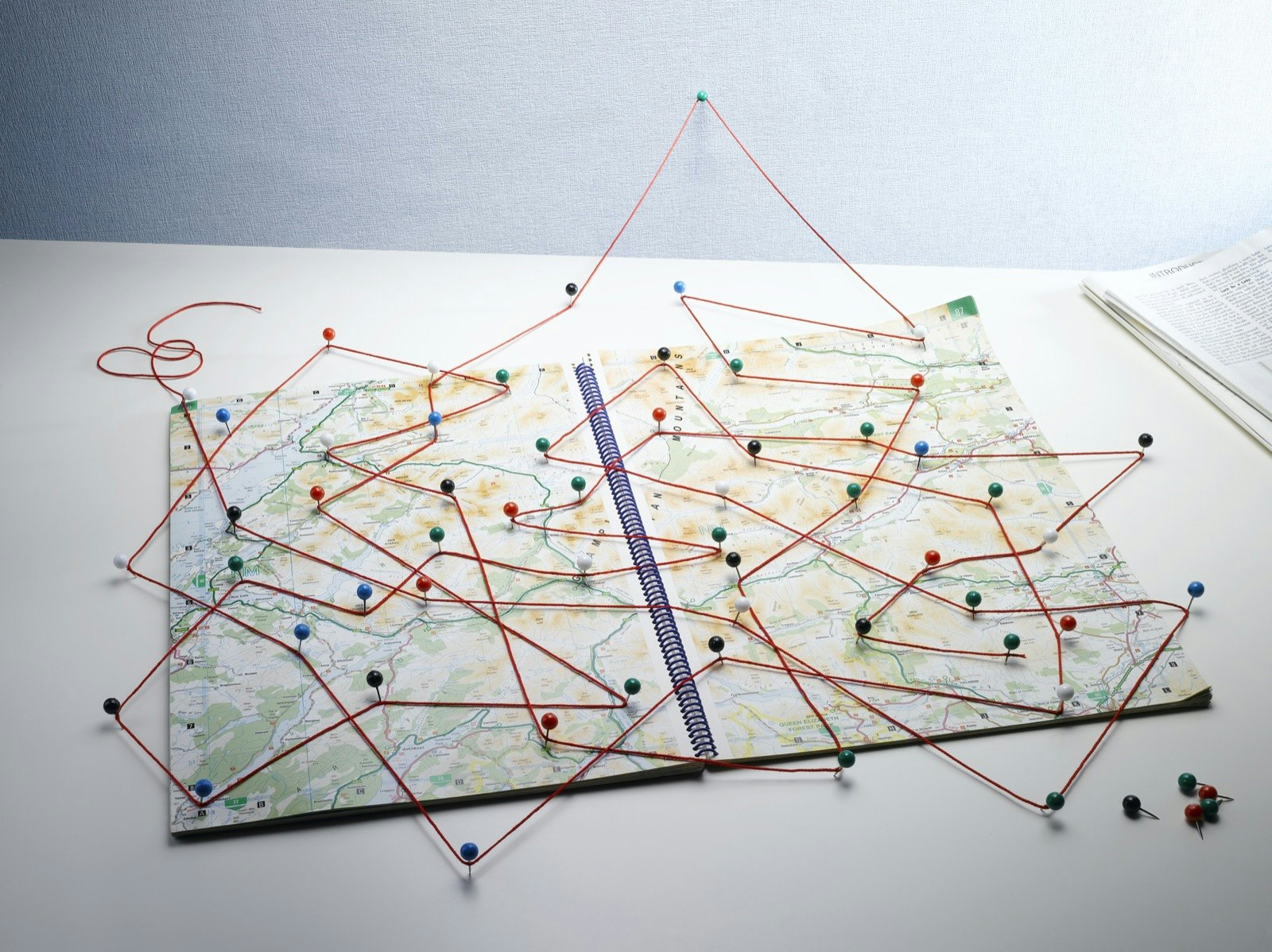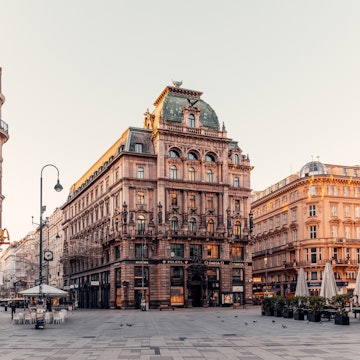
6 ways to satisfy your travel bug when you can't leave your house

Mar 13, 2020 • 4 min read

When you want to get away, nothing’s worse than being grounded – let alone sequestered for health reasons. But there is some encouraging news to help you accept any travel-related restrictions thwarting your immediate plans, according to Nobel-winning psychologist Daniel Kahneman: we travel with our minds, not our bodies.

In fact, our “remembering self” has a much bigger impact on who we are than our “experiencing self,” the fleeting part of our brain that gets to live through an adventure without ever revisiting it. For that we depend on our “remembering self,” Kahneman says.
When we accept that truth, a world of possibilities opens up to travel with our minds as much as our bodies. So, when funds, time, energy levels or travel restrictions prevent you from “going places,” consider one of these practical travel alternatives.

Update your bucket list
Failing to plan is planning to fail. If we want to see and do things in life, we have to make a list of them. But as interests change with age and experience, we’re often forced to prioritize, add to, and/or remove things from our bucket lists that no longer apply. Whether you’re marking something as “completed” or not – which in itself feels empowering – redraft your bucket list or start a new one if you’ve never done it before.
Plan your next trip
Anticipating an adventure can be just as powerful as actually visiting a place, according to science. But you can’t look forward to something unless you plan for it. Even though you might not be able to select specific dates at the moment, you can start by creating your ideal itinerary with things you want to see and do in certain locations. Using satellite view and other online travel guides, explore your hitlist with rich and exhausting detail. Chart every square inch of them. Then bask in the waiting period until the means finally become available.

Live vicariously
If we mostly travel with our minds, we can trick them sometimes without ever taking a step. Think adventure books, travel guides, foreign cinema, or even international television and music. You could also ask a well-traveled friend or family member to share their greatest experiences and stories abroad. Or you could travel with your stomach by cooking a foreign cuisine at home. In other words, mental road trips can be almost as rewarding as physical ones.
Disorient yourself
Seeing or doing something you’ve never seen or done is the easiest way to change your perspective. That’s why travel is so popular. But you don’t have to leave your immediate surroundings to accomplish this. This could be done on a day hike or afternoon trip to a less familiar side of town. Or seeing the most popular nearby tourist attractions. Depending on current restrictions to large gatherings and museum closures, this will vary by city. But you’ll never know unless you get out there and explore for yourself.

Learn a new skill
There’s no doubt about it: foreign places challenge our worldview arguably faster and more unexpectedly than any other activity. But there are similar ways to do this from home. You could commit to learning a new language for your next planned trip that you can’t quite book yet. Or you could enroll in an online class (or with a local tutor) to learn something new. Take art, for example. Like “disorienting yourself” and “living vicariously,” creating art forces us to view the world from a different perspective. And that’s precisely what all good travel should do.
Get offline
Whatever you do, consider taking an extended break from digital news, social media and pervasive connectivity. Often a simple walk around the block or letting the sun hit your face can fill you with hope, relief, reassurance, and literal fresh air. And there’s plenty of fresh air, but we must go outside to get it. We can’t fully appreciate it if we’re too busy worrying about what’s happening elsewhere online. When we succumb to FOMO (“fear of missing out”), we are truly the ones missing out.
Nothing can replace the act of physical travel to foreign places. But the mind is a powerful thing, capable of getting us at least half of the way until conditions allow for the full experience.
You might also like:
Coronavirus: a message from Lonely Planet’s CEO to travelers
Ask Tom: Lonely Planet expert answers your pressing travel questions in light of the coronavirus pandemic
These nine wildlife web cams offer access to your favorite animals













